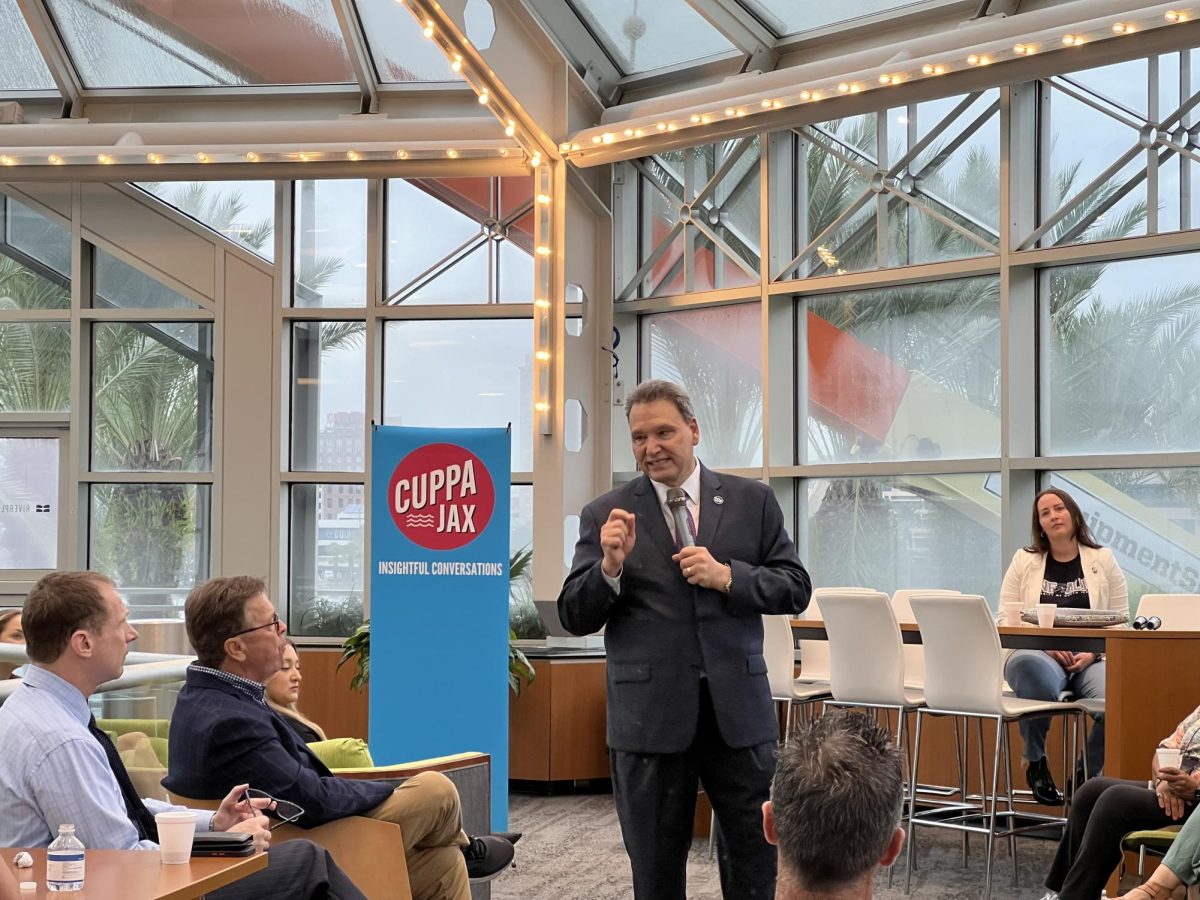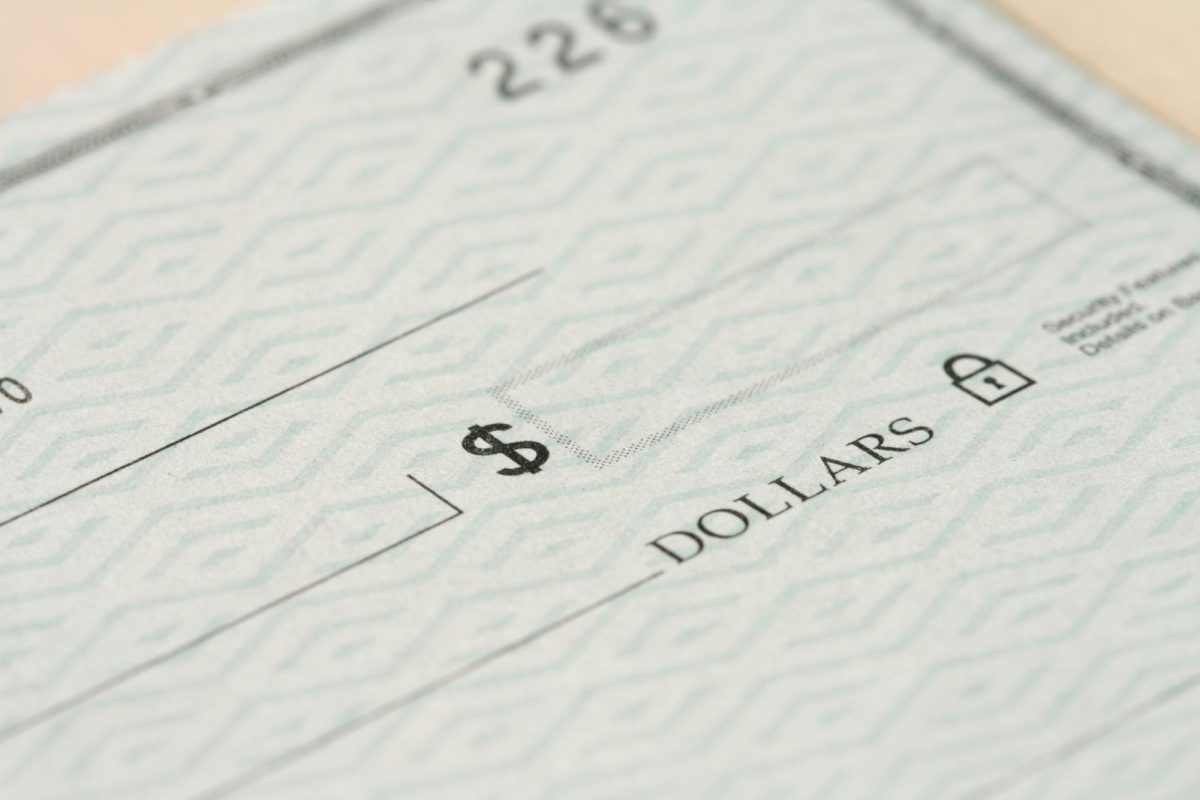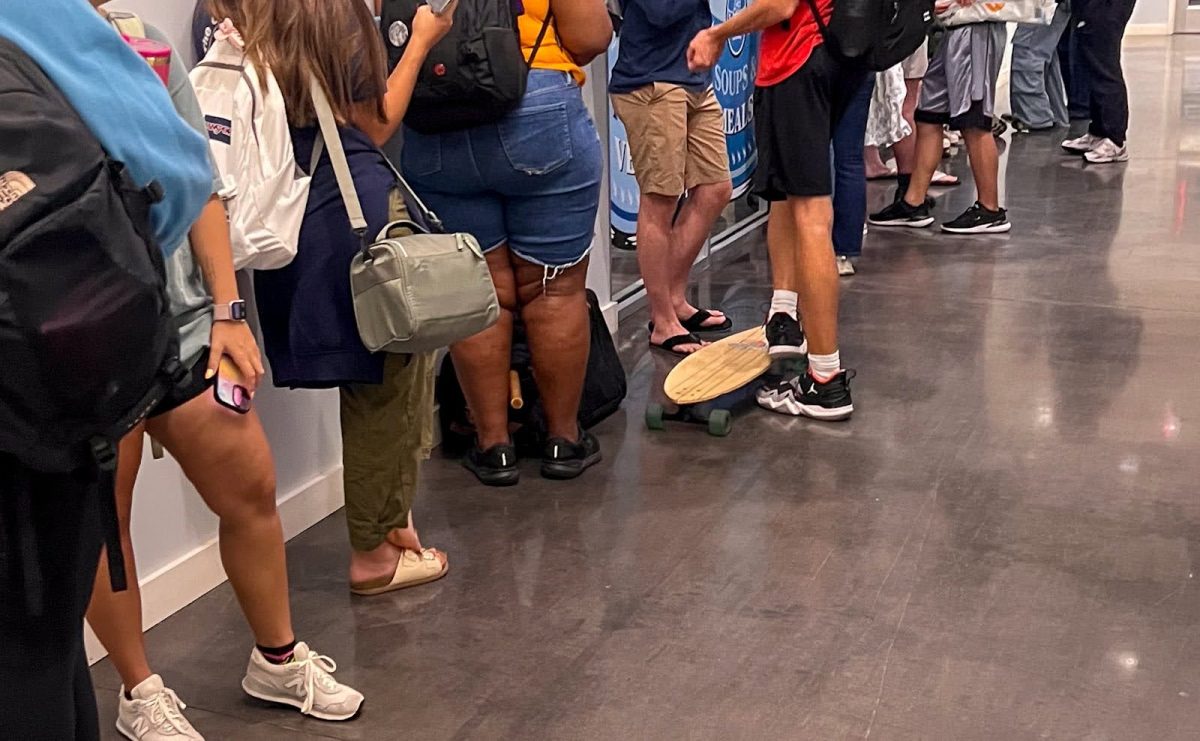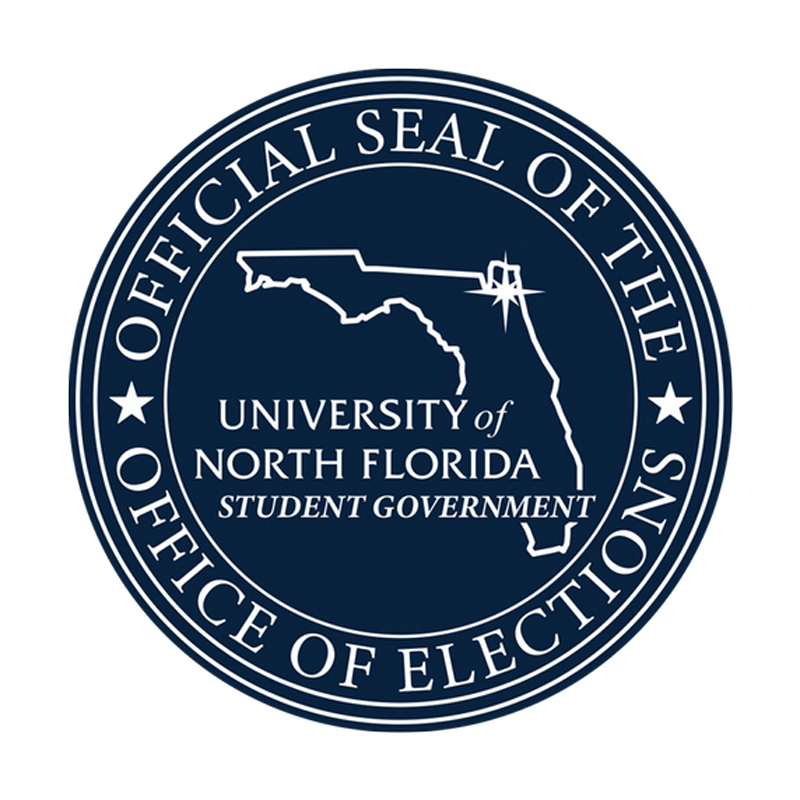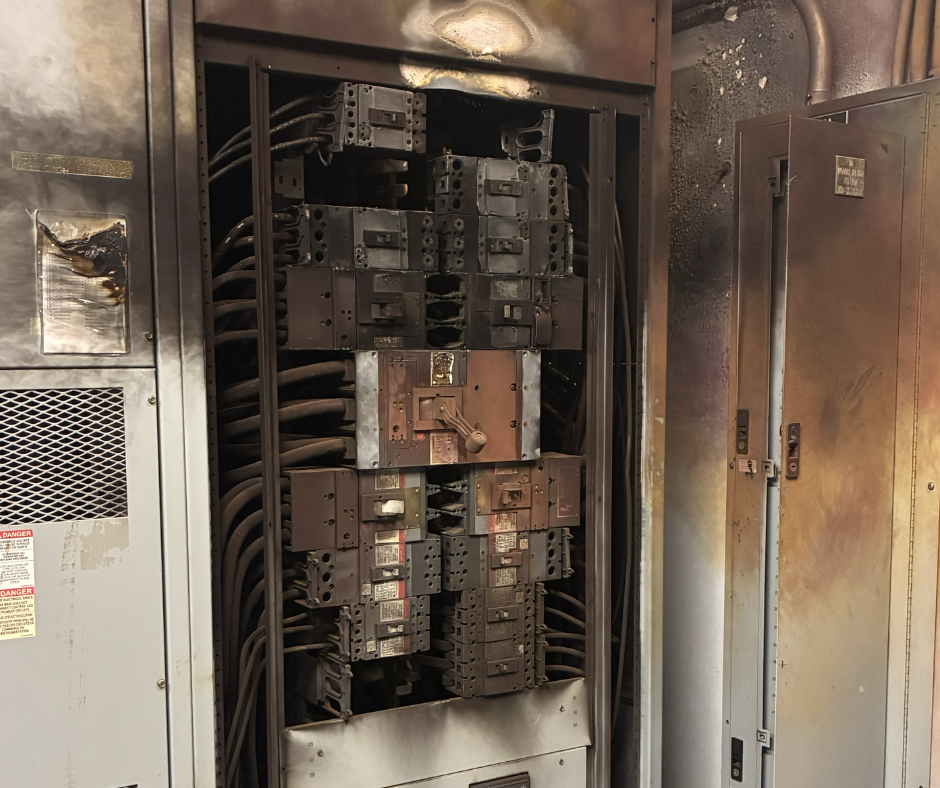The Bureau of Labor Statistics (BLS) released the monthly job report on Friday, Sep. 6. The report revealed a cooling economy following rapid expansion as companies scaled back hiring, particularly for candidates fresh out of college.
The economy added 142,000 new jobs in August, and unemployment remained steady at 4.2 percent.
Over the past two years, America has seen its lowest unemployment rate in over 50 years. Following the economic shock from COVID-19, economists feared a slow recovery, but the opposite has proven to be true.
Because of fiscal and monetary policy and a strong labor market, America’s GDP has grown 5.4% since the end of 2019, and inflation is lower than in most other advanced economies.
This economic upturn boosted the employment rates of recent college graduates. As the Economic Policy Institute recorded, the unemployment rate for college graduates recovered more than 2.5 times faster than in the aftermath of the 2008-2009 recession. The share of recent graduates who are employed has also been above its pre-pandemic level every month since February 2023.
The economy is slowing, with recent graduates being the first to feel the squeeze.
Unemployment for recent college graduates has remained similar to the average unemployment rate. During the COVID-19 pandemic, this meant fast recovery and low unemployment, but now times are changing.
A survey by the National Association of Colleges and Employers (NACE) found that 17.4% of employers plan to decrease hires this year, a 6% increase from last year—these decreases in hiring cause college graduates to worry about their future success in the job market. A study by Forbes found that 80% of college students worry about finding a job after graduation, with 22% citing a lack of job opportunities as their biggest concern.
“Everyone is still worried about recession issues right now, so they just don’t want to hire more people,” says Caden, a UNF Sophomore and a computer science major.
“With the way it currently is, I’d say it’d be slightly challenging [to find a job].” He says that tech is a “pretty volatile sector,” so the situation could change within a few years.
“People graduating right now will probably have an issue…companies are hiring but they’re just looking for more qualifications, even for entry-level positions,” Caden stated.
Even graduates who get a job often need to be more employed. According to the Strommen Center for Meaningful Work, over 50% of graduates are underemployed a year after graduation,
While this may seem to be a temporary issue, a study done by the Strada Institute for the Future of Work and The Burning Glass Institute found that 73% of graduates who start underemployed remain so 10 years after graduating, making them 3.5 times more likely to be underemployed compared with those who begin in a college-level job.
For some, these economic shifts do not affect their post-college plans. Maggie, a UNF junior and aspiring teacher, is not worried. She believes there are “very many” job openings right now.
“There’s always going to be a need for teachers,” she stated.
The future is hopeful, but until then, graduates should keep an eye on LinkedIn to snatch up those few available jobs.
___
For more information or news tips, or if you see an error in this story or have any compliments or concerns, contact editor@unfspinnaker.com.





